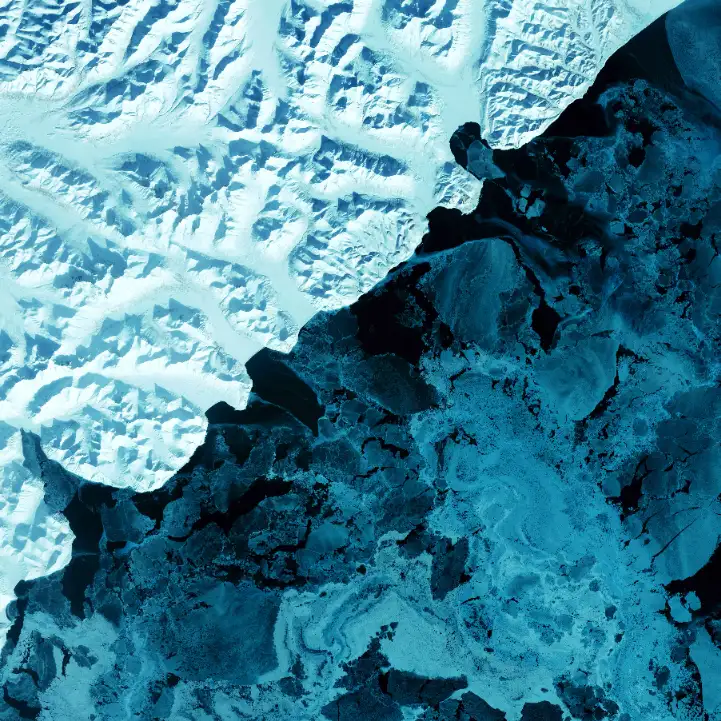HOME / GLOSSARY
Glossary of Sustainability and Environmental Terms
An A to Z guide to some of the sustainability and environmental terms and acronyms we often use.
A
-
Atmosphere
The envelope of gases surrounding the earth, or any other object in space. The air in Earth's atmosphere is made up of approximately 78% nitrogen and 21% oxygen. Air also has small amounts of other gases too including carbon dioxide.

Start your journey to net zero
